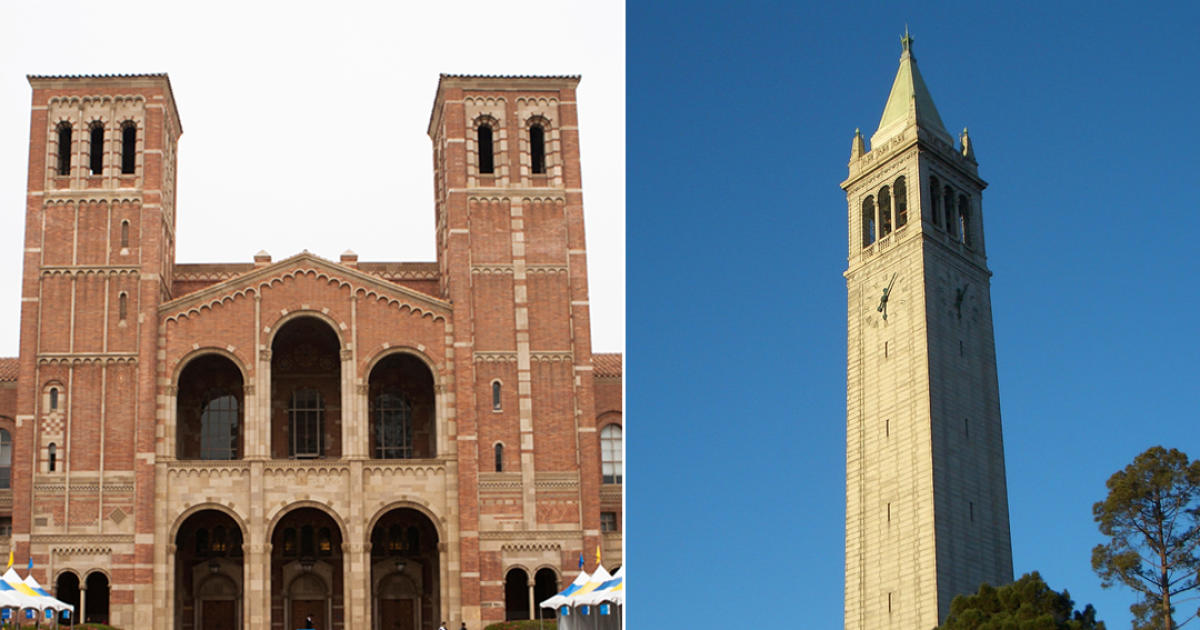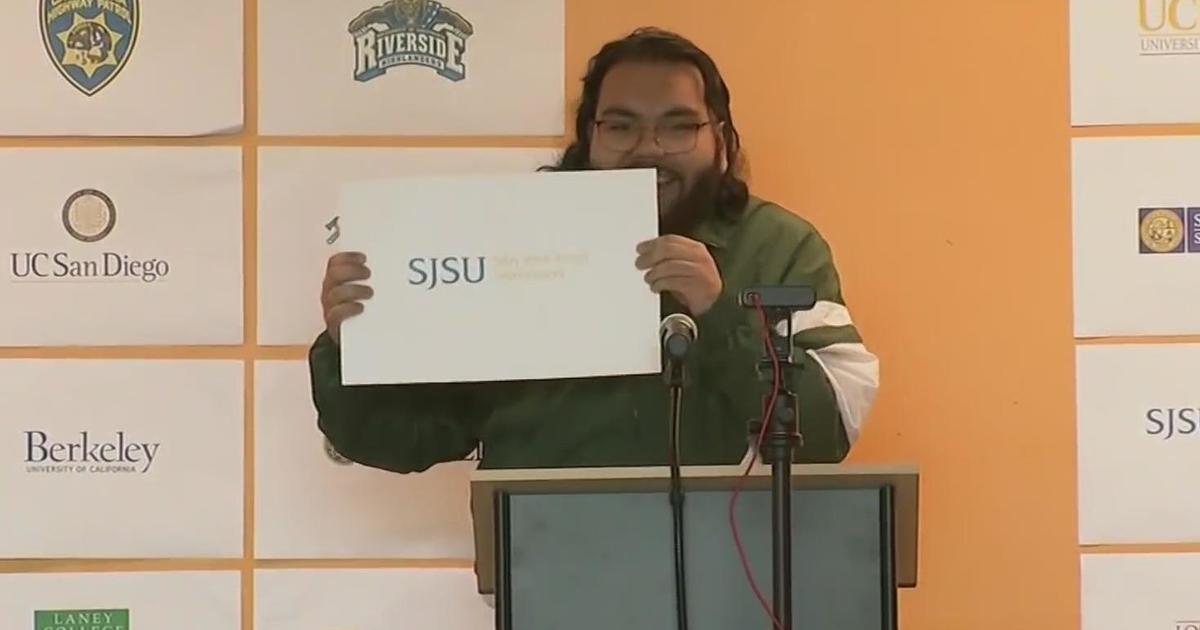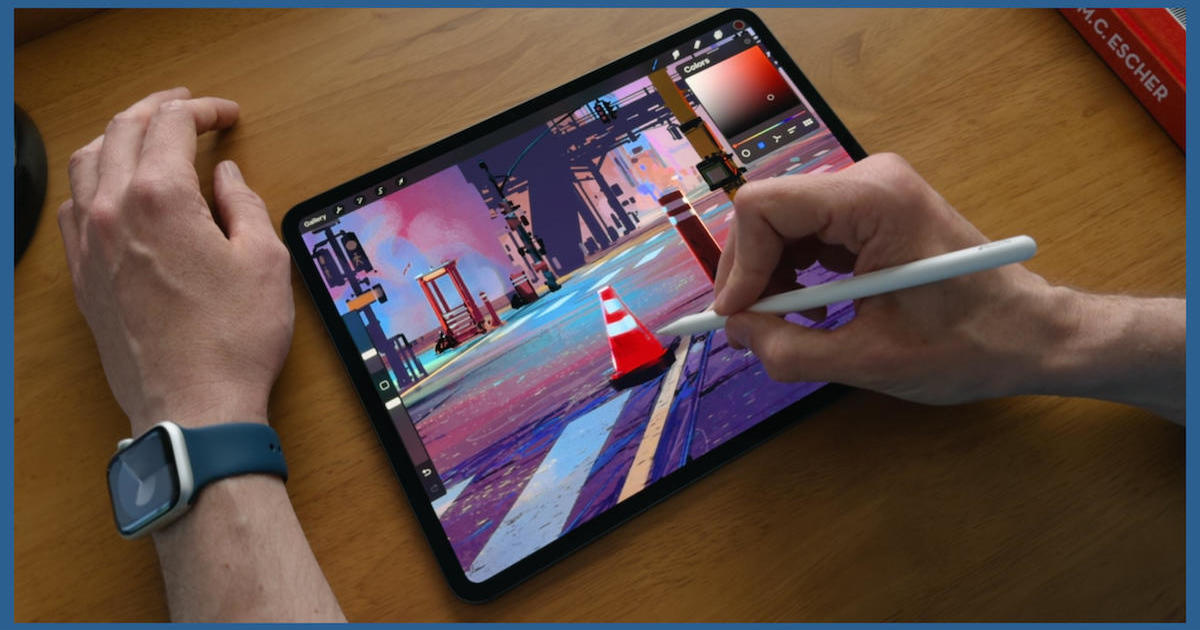StarDate: McDonald Observatory, V
FROM THE UNIVERSITY OF TEXAS McDONALD OBSERVATORY, AS HEARD ON KCBS RADIO WEEKDAYS @ 9:52 A.M., 7:35 P.M. & 2:52 A.M
STARDATE 4/9/2014:The big questions about the universe have changed since McDonald Observatory was dedicated 75 years ago. And so has the technology that helps address them. Yet the basics of both are still the same: using telescopes and the best available instruments to understand how the universe works.
The main questions for the Observatory's first big telescope centered around the stars — how they form, how they shine, and how they're related to the clouds of gas and dust that permeate the universe.
Some of today's big questions concern dark energy and dark matter, the birth and evolution of planets in other star systems, and the birth of the first stars and galaxies. The technology for addressing those questions is much better than it was in the 1930s, but the basic techniques are the same.
McDonald's first telescope is still in operation today. In fact, thanks to upgrades and better instruments it's more effective now than when it was dedicated. But bigger telescopes have joined it. McDonald's largest is the Hobby-Eberly Telescope, which is being upgraded to study dark energy and other big questions.
McDonald is also a partner in the Giant Magellan Telescope, which is being built in Chile. Its main mirror will gather more than a hundred times more light than McDonald's original telescope, allowing it to see objects that are much fainter and farther away. Yet its basic goal is the same — shining a little light on the mysteries of the universe.
Script by Ken Croswell Copyright ©2014 The University of Texas McDonald Observatory



